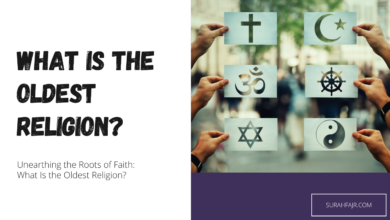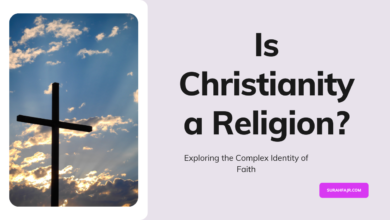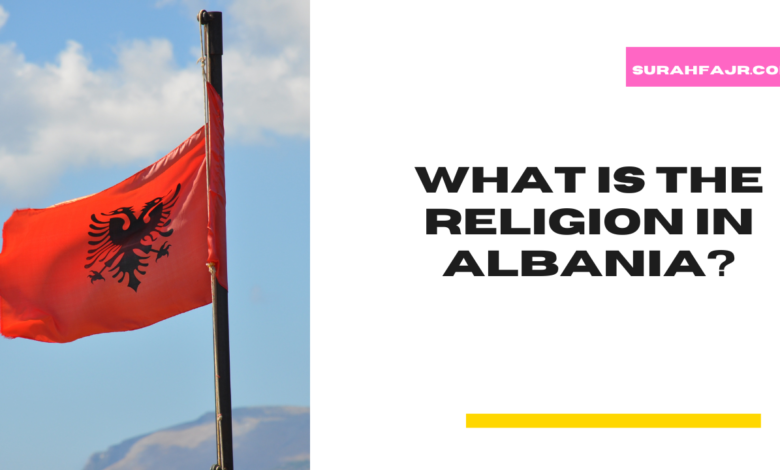
What Is the Religion in Albania?
The predominant religion in Albania is Islam, with a significant portion of the population identifying as Muslim.
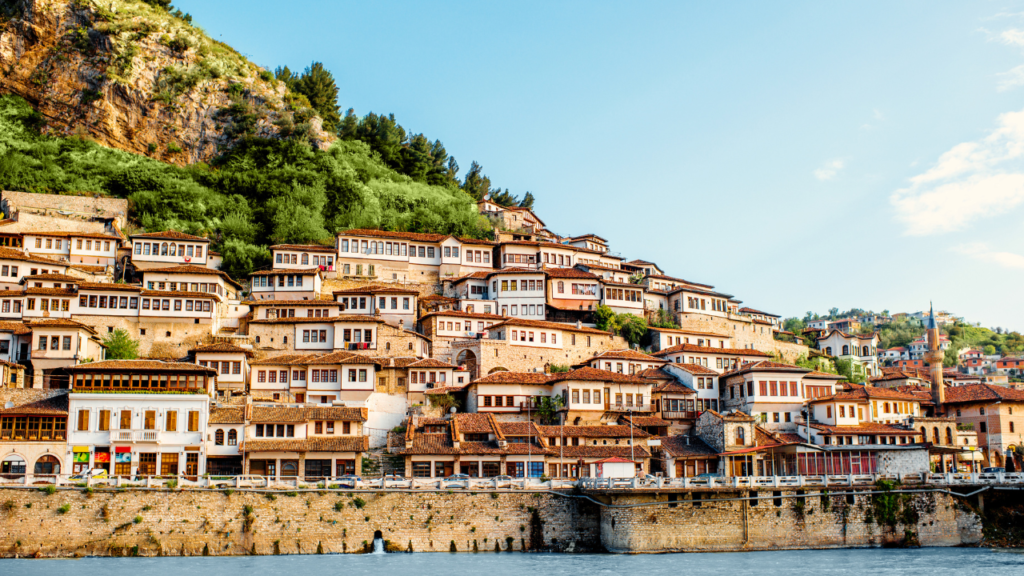
Introduction
Albania, a country located in the Balkan region of Southeast Europe, is known for its rich history, stunning landscapes, and diverse culture. When it comes to religion, Albania has a unique and fascinating religious landscape that sets it apart from many of its neighboring countries. This article delves into the religious makeup of Albania and how it has evolved over the years.
Historical Context
Albania’s religious history is marked by a long and complex interplay of different faiths and influences. Traditionally, the country has been home to various religious groups, including Illyrians, Romans, and Byzantines, which left their imprint on the religious practices of the region. However, the most significant religious transformation in Albania occurred during the Ottoman Empire’s rule, which lasted for nearly four centuries. Under Ottoman rule, Albania became predominantly Islamic.
The Ottoman Influence
Albania’s shift to Islam was primarily due to the Ottoman Empire’s policies that promoted the spread of Islam. Many Albanians converted to Islam during this period, leading to a significant Islamic majority in the country. Islam became deeply rooted in Albanian culture, and mosques became a common sight throughout the land.
Religious Suppression and Secularism
In the 20th century, Albania underwent a dramatic transformation in its religious landscape. The rise of communism under Enver Hoxha, who ruled Albania from 1944 to 1985, brought about radical changes in the country’s approach to religion. Hoxha implemented an atheist state policy, leading to the persecution and suppression of religious practices. Mosques, churches, and religious institutions were closed, destroyed, or repurposed for non-religious uses. This period, known as the Albanian Cultural and Ideological Revolution, was one of the most thorough attempts to eliminate religious influence in the world.
The Fall of Communism
The collapse of communism in the early 1990s marked a new era for Albania, bringing religious freedom back to the country. Albanians could once again openly practice their faith. This led to a resurgence of religious institutions and the rebuilding of religious infrastructure, such as mosques and churches.
Also Check
- Is Christian Bale British?
- Is Christian Bale British?
- Are Catholics Christian?
- Who is Jesus?
- How much is zakat?
Contemporary Religious Landscape
Today, Albania’s religious landscape is remarkably diverse and stands out in the region. The majority of Albanians are Muslim, primarily Sunni, due to the historical Ottoman influence. The country also has significant Christian communities, with both Orthodox Christianity and Roman Catholicism being practiced. There is also a small Bektashi Muslim community, a mystical Sufi sect with historical roots in Albania.
What makes Albania unique in the context of religious diversity is its tradition of religious tolerance and coexistence. Unlike many neighboring countries with a history of religious tension, Albania stands out as a place where different faiths have historically lived side by side with relative harmony. This spirit of religious tolerance is enshrined in Albania’s constitution, which guarantees freedom of religion.
Religious Freedom
Albania’s commitment to religious freedom is not merely a legal concept; it is a societal reality. In Albania, it is common for people of different faiths to live as neighbors, intermarry, and share cultural traditions regardless of their religious beliefs. This interfaith harmony is a testament to the country’s unique approach to religion.
Conclusion
Albania’s religious landscape is a testament to the country’s rich history and its journey from Ottoman rule to communist suppression and, ultimately, to religious freedom. Today, Albania proudly embraces religious diversity and coexistence, setting an example for tolerance and understanding. The country’s commitment to religious freedom and its harmonious interfaith relations make it a unique and remarkable place in the world. Albania is a shining example of how diverse religious communities can coexist peacefully, and it stands as a beacon of hope for the promotion of religious harmony in our increasingly globalized world.
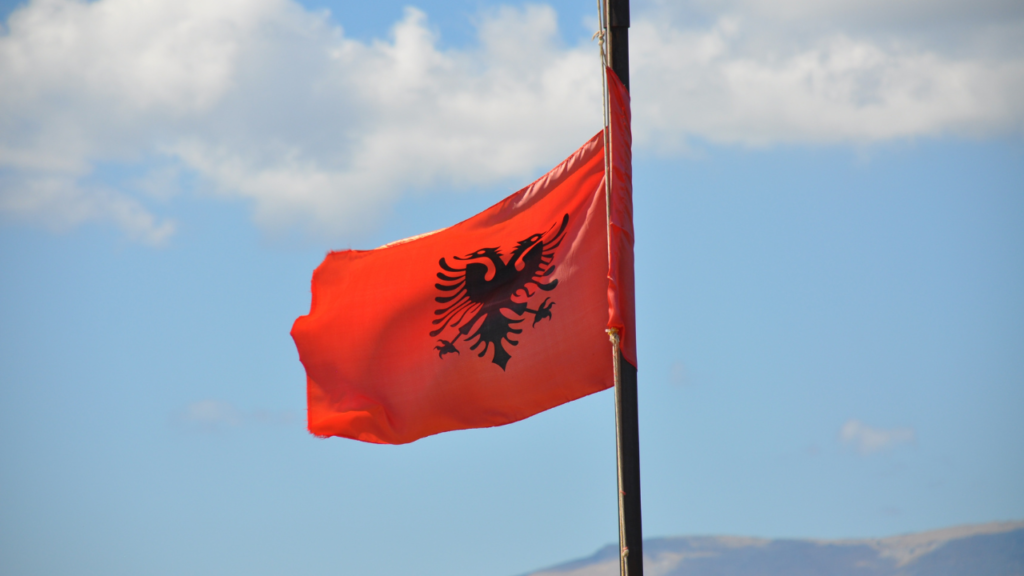
(FAQs) about the religion in Albania:
What is the predominant religion in Albania?
The predominant religion in Albania is Islam, with a significant portion of the population identifying as Muslim.
What is the history of religion in Albania?
Albania has a diverse religious history, with influences from various faiths including Christianity, Islam, and indigenous belief systems. The country has a unique history of religious tolerance and secularism, influenced by its communist past.
Are there any religious minorities in Albania?
Yes, Albania is known for its religious diversity. In addition to Muslims, there are also significant Christian communities, including Albanian Orthodox Christians and Roman Catholics. Additionally, there are small numbers of adherents to other faiths and atheists.
Is Albania a secular country?
Yes, Albania is officially a secular country. The Albanian constitution guarantees freedom of religion and separation of religion from the state. This secular approach is rooted in the country’s history of religious tolerance.
How did Albania become a predominantly Muslim country?
Albania’s conversion to Islam began during the Ottoman Empire’s rule, which lasted for several centuries. Many Albanians converted to Islam during this time, but the process was often gradual and not without elements of syncretism with pre-existing religious beliefs.
What is the religious landscape in modern-day Albania?
The religious landscape in modern-day Albania is diverse. While Islam is the majority religion, there are also significant Christian populations, and religious minorities exist. Some Albanians are non-religious or atheist.
How do Albanians practice their religion?
Albanians practice their religion in various ways, including attending religious services, observing religious holidays, and participating in cultural and traditional events associated with their faith. The level of religious observance can vary widely among individuals.
Is religious tolerance promoted in Albania?
Yes, religious tolerance is promoted in Albania, both by the government and within society. The country’s history of religious diversity and its commitment to secularism have contributed to a generally tolerant and inclusive atmosphere.
Are there any religious tensions in Albania?
While Albania is known for its religious tolerance, like any diverse society, there can be occasional religious tensions. However, these tensions are generally isolated incidents and do not represent the broader population’s attitudes.
Can I visit religious sites in Albania as a tourist?
Yes, Albania has numerous religious sites that are open to tourists. You can visit mosques, churches, and other religious landmarks to explore the country’s rich religious and cultural heritage.
